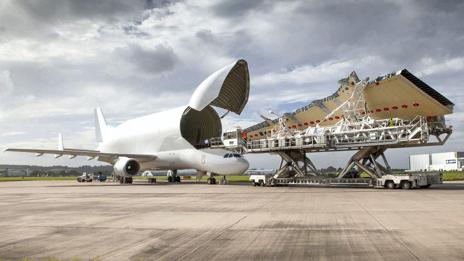Airbus to invest £100m at Broughton and Filton factories
- Published
Airbus invested £400m in a new plant making carbon-fibre wings in Broughton in 2011
Plane maker Airbus is investing £100m in research, development and training in a deal with UK and Welsh governments.
The announcement came at an investment conference in Newport designed to create jobs and growth for the UK.
Airbus employs about 6,000 at Broughton in Flintshire and over 4,000 at Filton.
First Minister Carwyn Jones has also pledged £8.1m to support training in Broughton.
That brings the total investment in the plant to £56m, including £48m being provided jointly by Airbus and the UK government to develop new systems and technologies for building the wings for the company's aircrafts.
The UK Investment Summit Wales, external conference is being held at the Celtic Manor Resort, bringing together industry leaders, investors and politicians, including Prime Minister David Cameron.
Last year, an extra £100m was spent on research and development in Wales, latest figures show.
On Friday, Airbus also announced that US company Delta Air Lines had placed a firm order for 50 new aircraft.
The research and development elements of the projects will be carried out with the Aerospace Technology Institute (ATI), a £2 billion joint investment between industry and government aimed at developing activity necessary for the UK to win work on future aerospace programmes.
'Backing business'
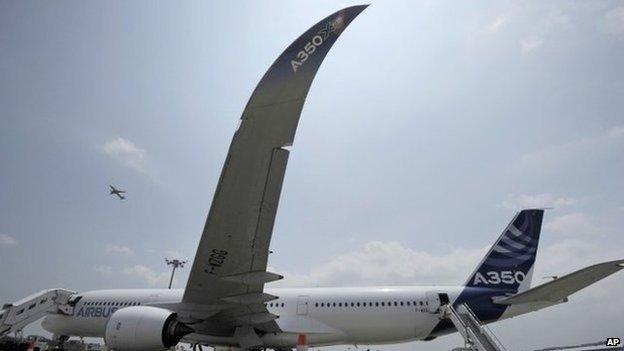
Wings for the new Airbus A350 plane are all made at the Broughton factory
Announcing the ATI funding, Mr Cameron said: "Aerospace is a real cornerstone of British business, supporting over 100,000 jobs across the UK and is worth over £27bn to our economy every year.
"With today's investment we are backing our aerospace sector so that it continues to thrive, as key part of our long-term economic plan to back business, create jobs and secure a brighter future for Britain."
First Minister Carwyn Jones said: "The aerospace industry is so important to Wales and we need to make sure that the skills of our workforce move at the pace of technological development in this field."
Welsh Secretary Stephen Crabb added: "Today's announcement means the company can now manufacture more of the world's most technologically advanced aircraft wings right here in Wales."
Paul McKinlay, head of Airbus's Broughton plant said: "Airbus places great importance on training its workforce and this funding will support development of skills and expertise and ensure Wales is ready to take on the challenges the next generation of technology will bring."
A total of £48m is being invested in a project at the Broughton plant to develop new systems and technologies for building aircraft wings.
Airbus's Filton and Broughton plants are responsible for designing, testing and manufacturing the wings for the whole family of Airbus commercial airliners.

Analysis by Brian Meechan, BBC Wales business correspondent
Airbus is one of the biggest employers in Wales with 6,000 people at the Broughton site manufacturing the wings for its aircrafts.
The UK aerospace industry is in a strong state. It grew by almost 10% last year.
It is a key industry in Wales providing highly skilled and well paid jobs not just at Airbus but also GE Aviation, General Dynamics and British Airways.
Aerospace employs around 23,000 people in Wales.
The money will be used on research and development at the Broughton site.
The Welsh government is also providing a further £8m to the company for staff training over the next five years which is a continuation of financial support it has given Airbus since 2009.
Speaking to some people from small businesses today, they asked why a multi-national company should need taxpayers' money to train their staff.
It is understandable when budgets are tight in the fields of education, training and apprenticeships.
The argument would be that training workers does not just provide a benefit to the company but to the wider economy by creating a more skilled workforce in Wales which helps us compete internationally.
The Welsh government also offers financial support to attract companies into Wales which often includes money to help train staff.
So if it can be offered to new companies to establish themselves in Wales, why not to businesses that have shown a long-term commitment to the country and its workforce.
- Published21 November 2014
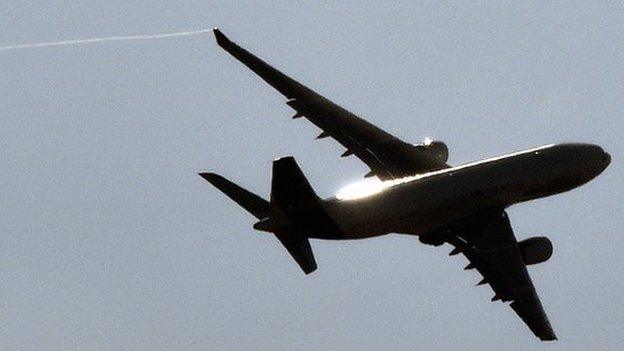
- Published21 November 2014
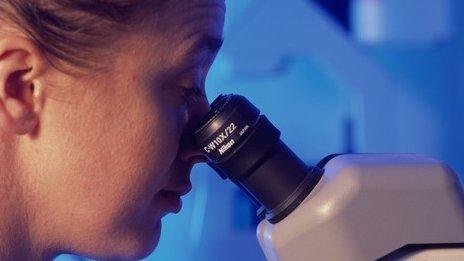
- Published20 November 2014
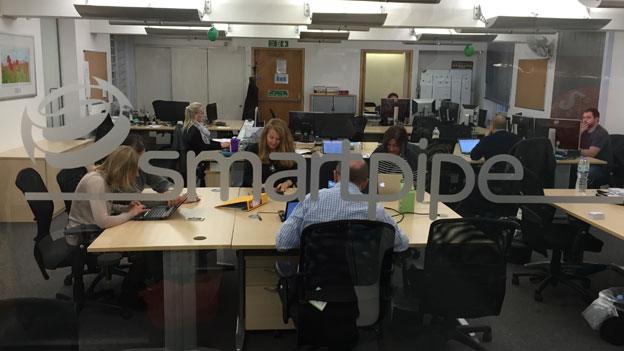
- Published14 July 2014
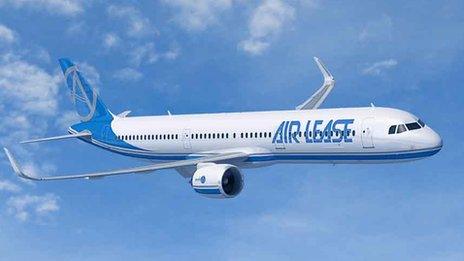
- Published11 June 2014
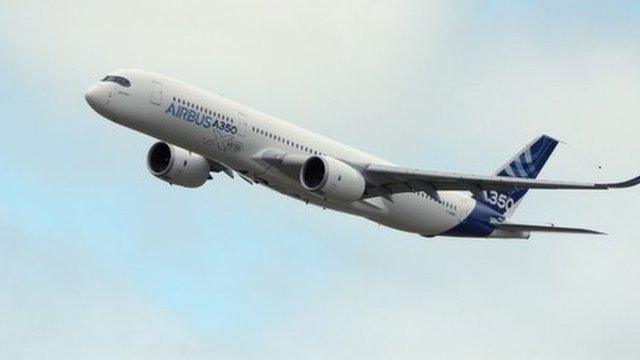
- Published16 May 2013
